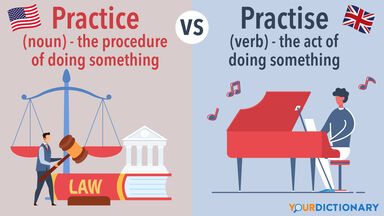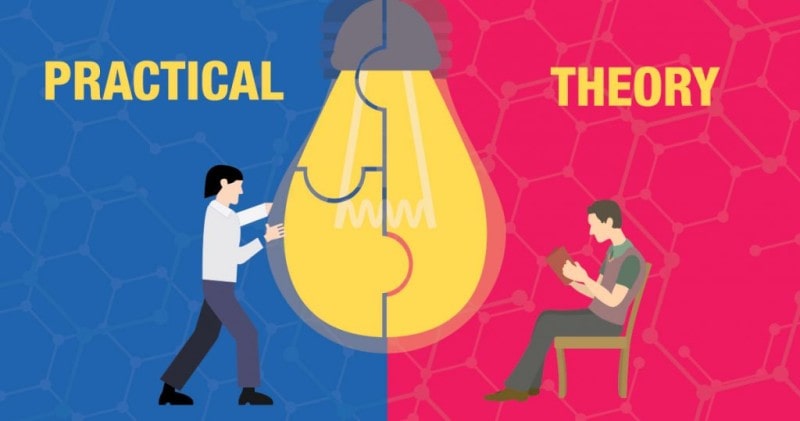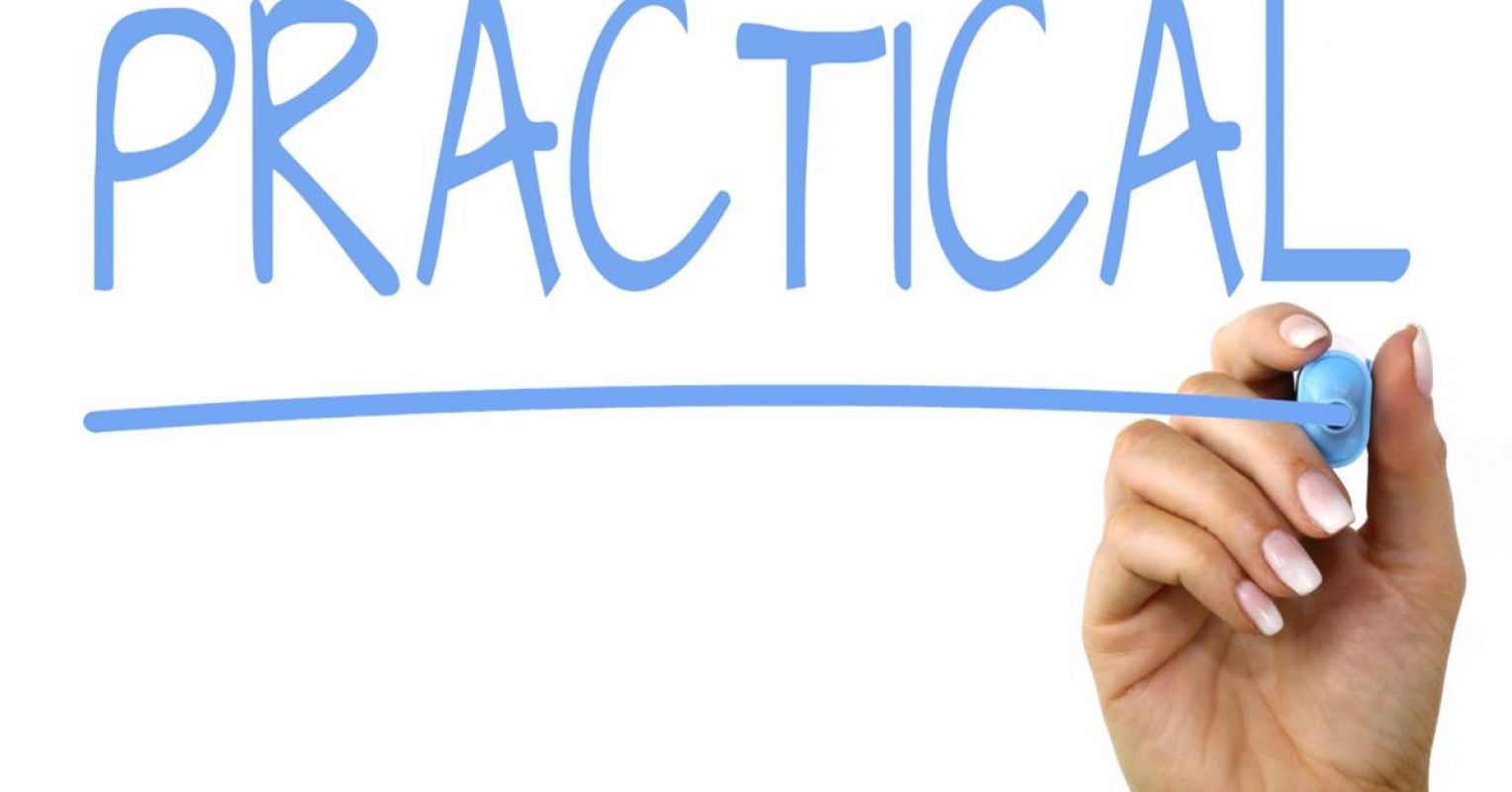Practical Basketball - Real Play For Real Results
There's a lot of talk about basketball, isn't there? From fancy dribbling tricks to incredible high-flying dunks, the game often seems to celebrate what looks amazing. But what if we told you there's a different way to think about playing, a way that puts usefulness and actual results first? This way of playing, which we call "practical basketball," focuses on what truly helps you win, rather than just what might grab attention. It's about actions that really make a difference when you step onto the court.
You see, being practical in basketball means thinking about what works in a real game. It's about choosing actions that relate more to the true happenings of the court than to some far-off wish or a cool idea you saw online. This approach values effectiveness over flash, making sure every move you make has a clear purpose and helps your team get closer to its goals. It's a bit like having a tool that you know will always do the job right, every single time, because it was built for that very use.
So, as a matter of fact, this way of thinking about the game can change how you practice, how you play, and even how you watch basketball. It asks us to consider what truly helps a team perform well, what skills are genuinely helpful, and what decisions lead to good outcomes. We’re going to explore what it means to bring this kind of sensible, action-focused thinking to your game, helping you become a player who really gets things done.
Table of Contents
- What Does Practical Basketball Really Mean?
- Seeing the Game with Practical Basketball Eyes
- The Value of Practical Basketball on the Court
- Building Skills for Practical Basketball Success
- How Can You Grow a Practical Basketball Mindset?
- Making Smart Choices in Practical Basketball
- Is Practical Basketball Only About Simple Plays?
- The Everyday Usefulness of Practical Basketball
What Does Practical Basketball Really Mean?
When we talk about something being practical, we often mean it’s about what gets done, what’s real, and what works. In the context of basketball, this idea takes on a special importance. It’s not just about having a great idea for a play; it’s about whether that play can actually be pulled off on the court, with the players you have, against the defense you’re facing. A practical basketball player, you know, is someone who behaves in ways that are connected to the actual happenings of the game, rather than just wishing things were different or hoping for a lucky bounce.
This means, for instance, that if you're trying to score, a practical approach might involve taking a shot you know you can make consistently, even if it’s not the most spectacular. It’s about choosing a simple pass that gets the ball to an open teammate over a risky, behind-the-back throw that might look good but could easily be lost. The focus, essentially, is on what works, what has a real use, and what is likely to bring about a good result. It’s about being effective in your actions, not just busy. This kind of thinking, you see, helps players make choices that genuinely help their team.
So, in some respects, practical basketball is about good judgment in how you act and how you deal with the everyday situations that pop up during a game. It means having the ability to figure out the best way to get something done or to use what you have to achieve a goal. It’s about making sure your actions are connected to what is real, rather than to something that is just possible or imagined. For example, knowing that a simple screen will free up a teammate is a very practical piece of information that can be used right away.
Seeing the Game with Practical Basketball Eyes
To truly play practical basketball, you have to start by seeing the game through a particular lens. This means looking at the court, your teammates, and your opponents, and asking yourself: what is actually happening right now? What actions are truly helpful in this moment? It’s a bit like an expert looking at a problem and immediately figuring out the most straightforward, effective way to solve it, ignoring any unnecessary steps. This way of seeing helps you cut through the noise and focus on what truly matters for success.
When you have practical basketball eyes, you notice the open lane for a simple drive, rather than trying to force a difficult pass. You see the defender's footwork and know if they are off balance, which tells you the best move to make. You’re not imagining a perfect play that might never happen; instead, you’re reacting to the real situation in front of you. This kind of awareness, you know, allows you to make quick, sensible decisions that have a good chance of working out.
It’s about being connected to what is real, rather than what is just possible or what you might wish for. For instance, if you are a player who is very practical, you might notice that the other team is struggling to guard a certain area of the court. You would then, quite naturally, try to get the ball to that spot, because it’s a real weakness you can use. This focus on what is actually happening, you see, is a core part of playing practical basketball.
The Value of Practical Basketball on the Court
Why bother with practical basketball? Well, because it makes you a more effective player. Think about it: every action you take on the court uses up energy and time. If those actions aren't leading to good results, then you're essentially wasting those precious resources. A player who is focused on practical basketball is someone who makes every move count. They are less likely to try something that has no real use or application in the flow of the game, and more likely to do something that helps the team score or stop the other team from scoring.
This approach is what makes players consistently useful to their teams. It’s like having a tool that you reach for again and again because it always does what it’s supposed to do. For example, a player who consistently sets solid screens, makes smart passes, and plays tough defense, even if they don't score a lot of points, is incredibly valuable. Their actions have a clear, real-world impact on the game's outcome. They are, in a way, the reliable engine of the team, always providing something useful.
The idea here is that actions should be relevant to practice, not just theory. If an idea has no practical application, it might be interesting, but it won’t help you win a game. So, you know, focusing on practical basketball means you’re always aiming for actions that are likely to succeed and are reasonable to do or use in the moment. This focus on what works, you see, is what separates players who just play from players who genuinely contribute to victory.
Building Skills for Practical Basketball Success
To become a player who truly plays practical basketball, you need to build skills that are genuinely useful. This means spending your practice time on things that will actually help you in a game, rather than just on flashy moves that might look good but rarely work against a real defense. For instance, mastering a simple chest pass that always hits its target is often more valuable than trying to perfect a no-look, behind-the-back pass that only works in practice when no one is guarding you.
It’s about focusing on the fundamentals, the things that have a real purpose. Think about a stapler; it’s a practical object because it has a clear use – joining papers. In basketball, a solid jump shot from a comfortable spot, strong rebounding position, or good defensive stance are all practical skills because they have a direct, real-world application. These are the kinds of things that are much more useful for putting together a winning performance. You want your skills to be like those reliable tools that always get the job done.
So, you know, when you’re working on your game, consider if what you’re practicing has a direct link to real situations. Are you learning how to dribble under pressure, or just doing drills that don't mimic game speed? Are you practicing shots that you’ll actually take in a game, or just trying difficult ones from far away? Building skills for practical basketball success means making sure your training time is spent on things that will truly matter when the whistle blows. This approach, you see, builds a foundation of genuine usefulness.
How Can You Grow a Practical Basketball Mindset?
Developing a practical basketball mindset isn't just about what you do with your hands and feet; it's also very much about how you think. It means training your brain to look for the most effective, most sensible solutions to problems on the court. This kind of thinking helps you to make good judgments in action, in how you behave, and in how you handle the everyday things that happen during a game. It's about being able to adjust to what’s happening in front of you, rather than sticking to a plan that isn't working.
One way to grow this mindset is by watching the game with a critical eye. When you see a play, ask yourself: was that action truly useful? Did it have a good chance of succeeding? What would have been a more sensible choice? This kind of analysis, you know, helps you to see the difference between actions that look good and actions that actually work. It helps you understand that being practical suggests the ability to choose the right ways to get to an end goal or to turn what you have into something valuable.
Another part of this mindset is being willing to do the simple, effective things, even if they aren't glamorous. Sometimes, the most practical play is just a basic pass, a strong screen, or a solid defensive stand. A player with a practical mindset doesn't need to be the star of every highlight reel; they just want to contribute to winning. This focus on what is real and what is likely to succeed, you see, is a powerful force in basketball, just like how religion combined with practical help can be a powerful force in life.
Making Smart Choices in Practical Basketball
Making smart choices is at the heart of practical basketball. Every moment on the court presents a series of decisions, and a practical player consistently chooses the option that is most likely to lead to a good outcome. This means choosing actions that are related to what is real, rather than to what is only possible or imagined. It’s about assessing the situation and picking the path that has the highest chance of success, given the actual circumstances.
For example, if you have the ball and there’s a defender right in front of you, a smart, practical choice might be to pass to an open teammate, rather than trying to dribble through two defenders. It's about recognizing that some ideas, like trying to score against three defenders, might have no practical application in a real game situation. You are always looking for what is likely to succeed and what is reasonable to do or use. This kind of thinking, you know, helps you avoid mistakes and keep the game flowing in your favor.
This also extends to how you react to plays. If a shot isn't falling, a practical player won't keep forcing it. They will, instead, look for other ways to contribute, like getting more rebounds, making better passes, or playing tougher defense. They understand that being useful means adapting to the situation and doing what is needed, not just what they want to do. This constant focus on what is truly helpful, you see, is a hallmark of someone making smart choices in practical basketball.
Is Practical Basketball Only About Simple Plays?
Some people might think that "practical basketball" means only doing the simplest things, never trying anything fancy. But that's not quite right. While it certainly values effective, straightforward actions, it doesn't mean you can't be creative or try complex things. What it does mean is that any action, simple or complex, must have a real purpose and a good chance of working in a game situation. It's about whether the idea has a practical application, not just how simple or complicated it is.
For instance, a complex pick-and-roll play that leads to an open shot is very practical if your team can execute it well and it consistently creates scoring chances. On the other hand, a simple, uncontested layup is also incredibly practical. The key is the usefulness and the likelihood of success, not the level of difficulty. A player who is very practical will always weigh the risk and reward, choosing the action that provides the most benefit to the team in that moment. It's about being sensible and judicious in your actions.
So, you know, practical basketball involves real situations, rather than just ideas and theories. It asks whether something is likely to succeed and reasonable to do or use. This means that if a complicated move consistently gets you an open look or helps your team, then it is, in fact, a practical move. The goal is always effectiveness and utility, not just simplicity for simplicity's sake. This way of thinking, you see, allows for creativity within a framework of real-world usefulness.
The Everyday Usefulness of Practical Basketball
The usefulness of practical basketball shows up in every part of the game, every single day. It’s about how you approach your training, how you interact with your teammates, and how you react to different situations on the court. This approach is what makes players consistently reliable and valuable. It’s like having a set of babysitting coupons; they are a practical gift any parent will love because they have a clear, everyday use and provide real help.
Consider how a practical player prepares for a game. They might focus on drills that mimic real game situations, rather than just doing individual skill work that doesn't involve defense. They understand that their actions need to be manifested in practice or action, not just in their heads. This focus on what actually works in a game helps them be ready for anything. They are always thinking about how their skills can be applied effectively when it matters most.
The meaning of practical, you know, is about what is related to or shown in practice or action. So, in basketball, this means constantly looking for ways to be useful and effective in every moment. Whether it's making an extra pass, setting a hard screen, or just getting back on defense, these are the actions that have real value. This consistent focus on everyday usefulness, you see, is what builds a truly impactful basketball player.
This article has explored what "practical basketball" means, drawing from the idea that practical refers to actions and behaviors that are related to the realities of the world, rather than just ideas or desires. We looked at how seeing the game with practical eyes helps players focus on what is truly happening on the court. We also discussed the immense value of practical actions in contributing to team success and how building useful skills leads to better performance. Furthermore, we examined how to grow a practical mindset by making smart, sensible choices that are likely to succeed. Finally, we clarified that practical basketball isn't just about simple plays, but about any action that has a real-world application and everyday usefulness in the game.

Practical Definition & Meaning | YourDictionary

Practical or Theory: What Makes You Pro After Bachelor in Technology

Being Practical | Psychology Today